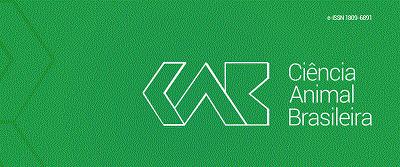Abstract
The goal of this study was to assess the effects of uniformization management, birth order (BO), birth weight (BiW) and their interactions on the performance of piglets in the maternity phase. Sows (n = 25) and their litters (n = 388 piglets) were distributed into two treatments, namely: UNIF - uniformization of piglets between different litters right after birth; and BIOM - piglets kept up to 12 hours after birth with their biological mothers. In both treatments, the effect of BO was assessed in three groups characterised by BO of 1-6, 7-12, and ≥13. The effect of BiW was assessed in four groups defined as ‘very light’, ‘light’, ‘medium’, and ‘heavy’. The design was completely randomised in a 2×3×4 factorial scheme, totalling 24 treatments with 16 piglets/treatment, on average. Weight gain from birth to 72 hours after birth (WG72h) was greater in the BIOM treatment. The colostrum intake (CI) was lower in piglets with BO ≥13. In general, piglet performance increased in response to the increase in BiW. There was interaction between uniformization management and BiW with respect to CI related to body weight (CIBW), which was greater in very light piglets in the UNIF treatment (27.48% BW), and lower in heavy piglets in the BIOM treatment (16.82% BW). It was possible to obtain satisfactory piglet performance by keeping the litters with their biological mothers until 12 hours after birth. The CI expressed on an absolute basis (g) was greater; however, CI expressed on relative basis with respect to body weight (% BW) was lower in heavy piglets.
Keywords:
birth weight; colostrum; hyperprolificity; pig farming; uniformization management; weaning
